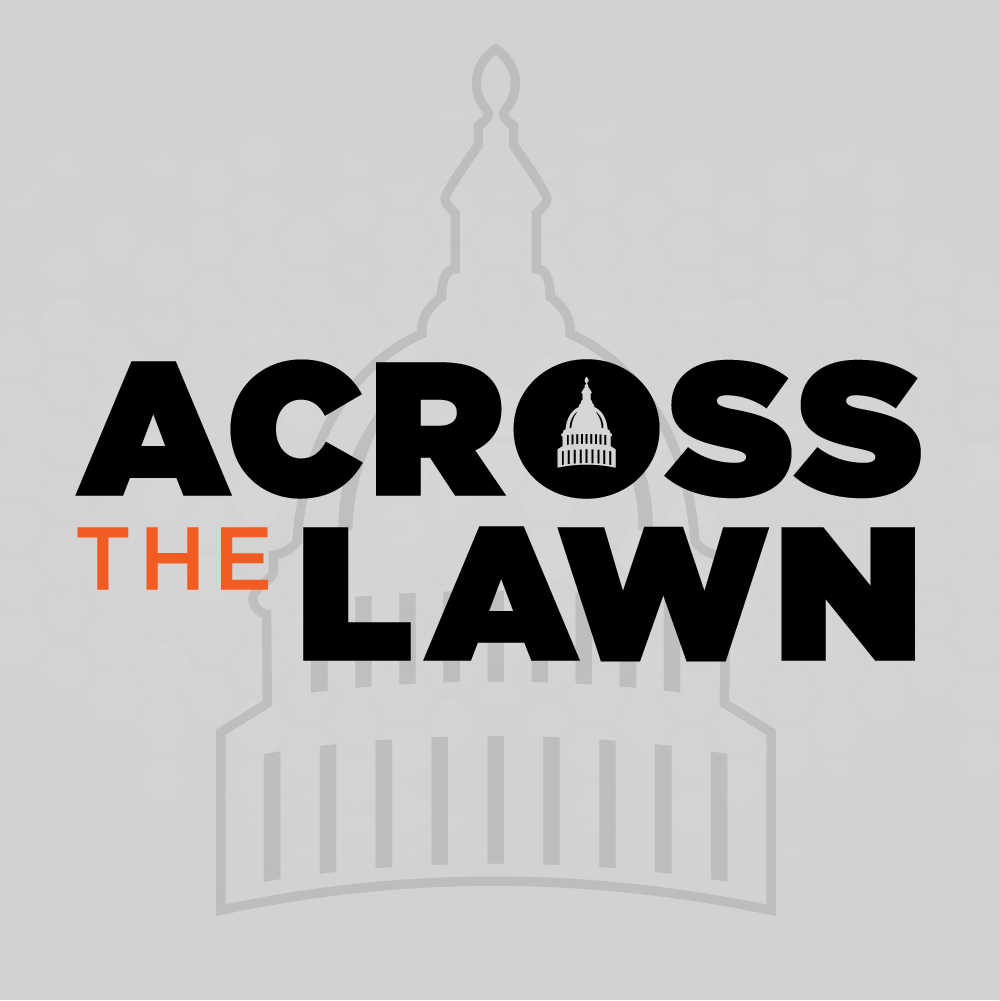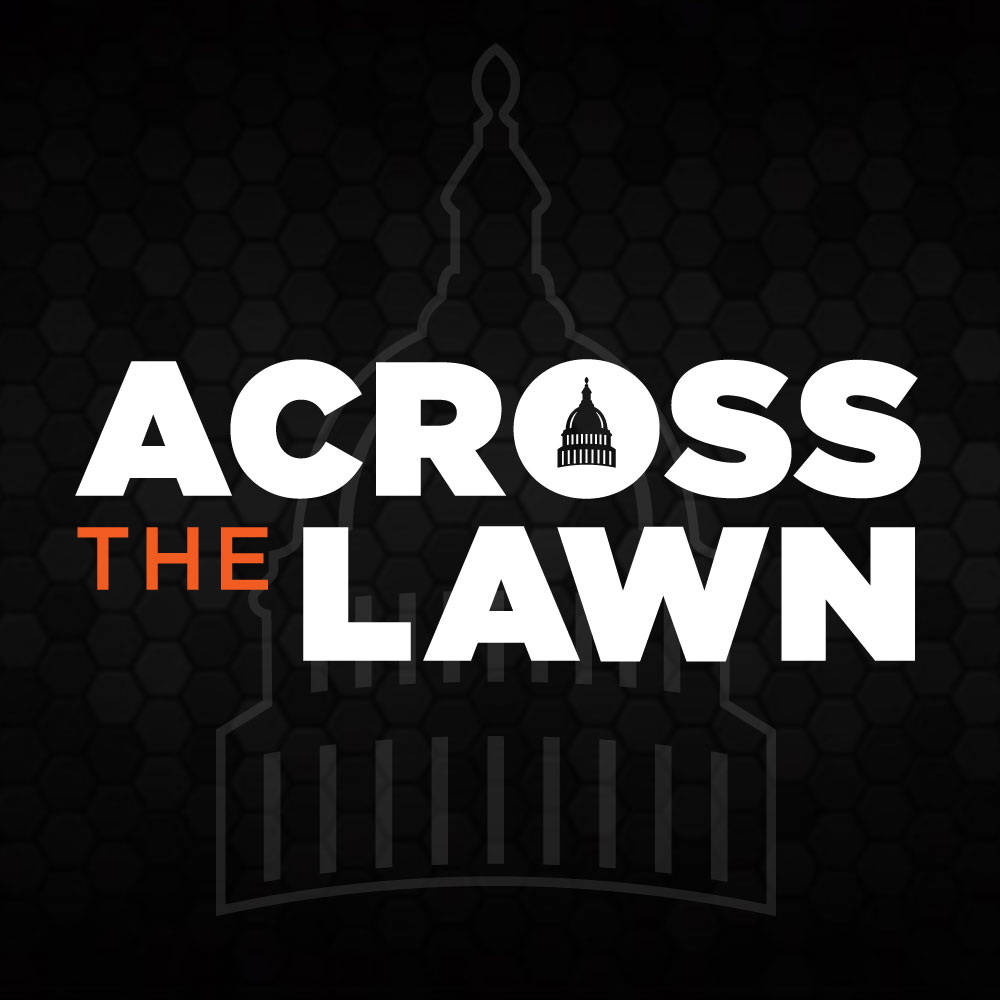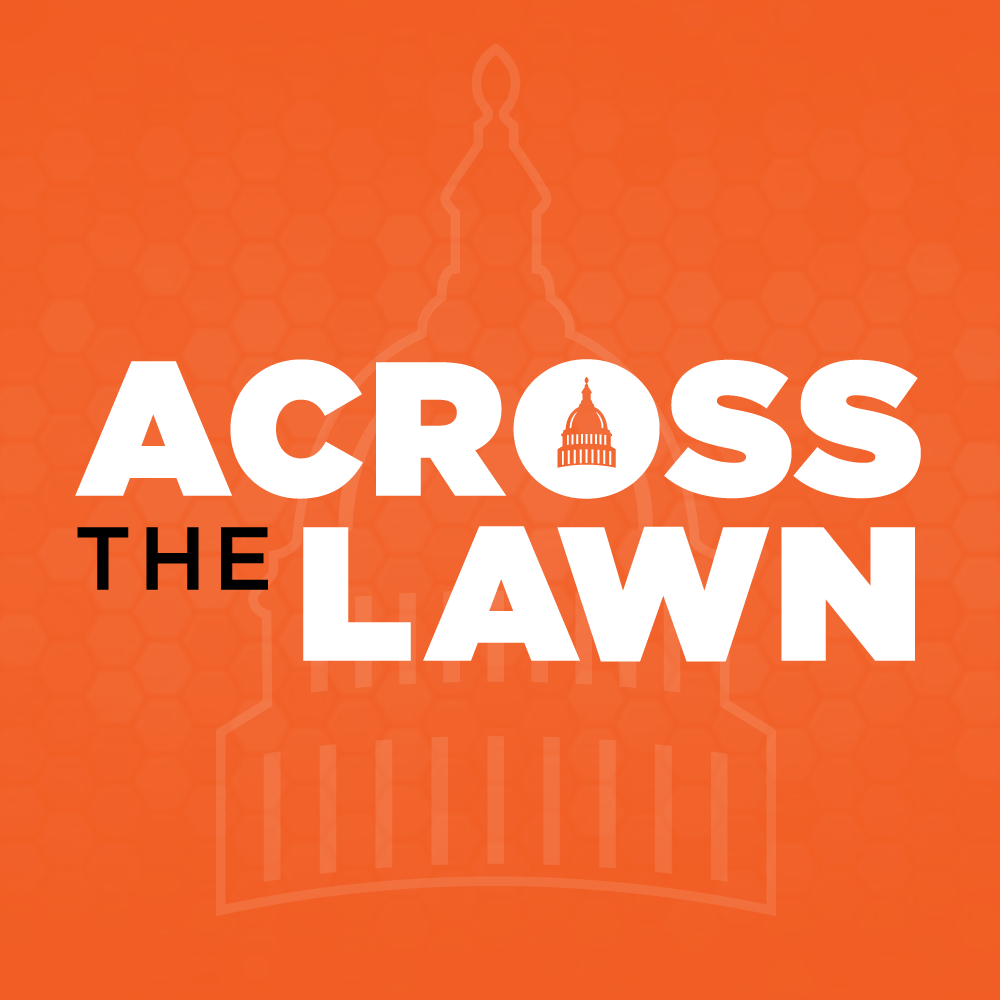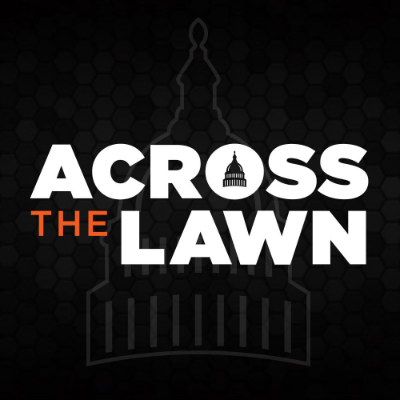
categories
Across the Lawn – May 23, 2025

May 23, 2025
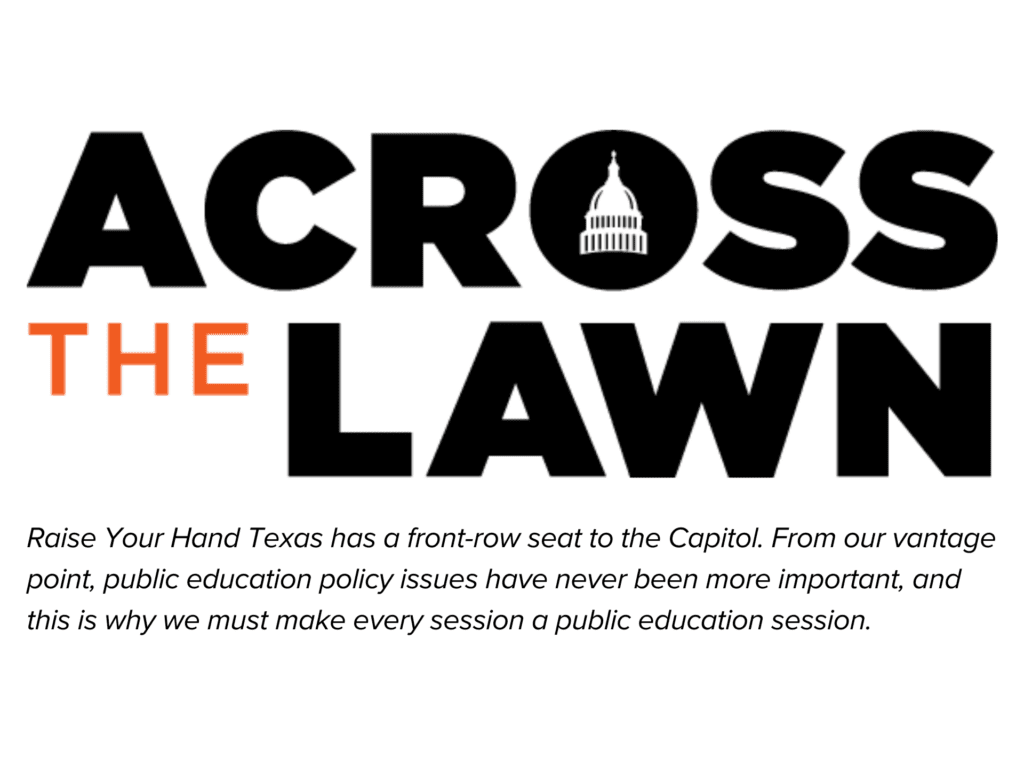
One Thing to Do: Celebrate Your Advocacy Success!
More than 14,370+ public education advocates participated in our teacher pay and school funding call to action campaign to legislators and the Lieutenant Governor, helping to push HB 2 forward this legislative session.
Watch our recap video to learn more about what this means for Texas teachers and schools!
1. Senate Gives Approval to HB 2, $8.5 billion for Teacher Pay and School Funding
The Senate passed an $8.5 billion teacher pay and school funding bill on second reading on the night of Thursday, May 22, after days of negotiations between House and Senate members. The third reading and final passage will take place today, on Friday, May 23.
One of the issues was whether to increase the current basic allotment, the building block of school funding, by more than the $55 in the original Senate version of House Bill 2 (HB 2).
In the compromise deal adopted last night, the $55 basic allotment increase remains, in addition to the creation of two new allotments that will provide schools with some funding flexibility. The first is a “fixed cost allotment” providing $1.3 billion. This enrollment-based allotment must be dedicated to costs such as utilities, insurance, transportation, and district costs for increased Teacher Retirement System (TRS) contributions.
The new language also provides $500 million for support staff not covered in the teacher pay raise provisions, with the exception of school administrators.
The overall framework for teacher pay, special education funding, and other allotments and adjustments did not change, but some funding amounts were reduced, including the teacher salary increase provisions based on years of experience and district size.
The major funding provisions of the bill include:
Basic allotment: Basic allotment is increased from $6,160 to $6,215. This $55 increase occurs by freezing the current golden penny yield in place and using what was supposed to be an increase in that funding mechanism to fund the basic allotment. This incremental adjustment will occur every biennium.
Teacher pay raises: In districts with 5,000 or fewer students, a $4,000 pay increase for teachers with 3–5 years of experience, and an $8,000 for teachers with 5 or more years of experience. In districts with 5,001 or more students: $2,500 and $5,000 for those same experience bands. These raises are permanent and not one-time bonuses.
Support Staff Allotment: Each district is entitled to $45 per regular program average daily attendance (ADA) to provide salary increases for non-administrative staff (counselors, nurses, librarians, and other support staff).
Allotment for Basic Costs: Provides $1.3 billion for new allotment to relieve budget pressures on certain operational costs (insurance, TRS, utilities, transportation, hiring retired teachers, health insurance). This will provide $106 per enrolled student to each school district or charter.
Other Funding Formulas: $2.2 billion for special education, full-day pre-K, early learning, school safety, and Career & Technical Education (CTE) funding. The school safety allotment will provide $20 per student and $33,540 per campus.
The bill also contains provisions related to special education funding, teacher certification, K-3 math academies, expansion of the Teacher Incentive Allotment (TIA), and much more.
2. Senate Committee on Education K-16 Makes Changes to House’s Assessment and Accountability Bill
House Bill 4 (HB 4) was heard in the Senate Committee on Education K-16 after the school funding debate on May 22, Thursday night. The original Senate assessment language from Senate Bill 1962 by Sen. Bettencourt was substituted into the House’s version of HB 4.
This language substitution removed the House’s transition away from STAAR testing to a nationally-normed, referenced assessment instrument for grades 3-8. It also removed the option to move the 8th-grade social studies and high school U.S. History to a local option, and to create new accountability indicators other than the STAAR test for grades K-8.
The Senate version of HB 4 now has the following provisions:
- Requires the Texas Education Agency to reduce the length of statewide assessments, improve alignment with classroom instruction, and provide optional interim tests for districts phased in over three years. The test will still be a criterion-referenced test, not a nationally normed-referenced test as the House version requires.
- Allows the commissioner to take action if a district sues the state over testing and accountability.
- If a district sues, the commissioner may appoint a conservator.
- The conservator enforces compliance with funding restrictions.
- Failure to comply with the conservator would lead to a board of managers takeover or charter school governance reconstitution.
With 10 days left of the legislative session, any potential changes to the assessment and accountability system will likely be negotiated in a conference committee.
3. House Passes Property Tax Relief Package
The House passed the negotiated property tax relief plan for the 89th Legislature. A series of bills (Senate Bill 4, Senate Bill 23, Senate Joint Resolution 2, House Bill 9) that provide the following:
- Increases the homestead exemption from $100,000 to $140,000 ($2.7 billion)
- Increases the 65 and older additional homestead exemption from $10,000 to $60,000, allowing for a $200,000 total homestead exemption ($1.2 billion)
- Expands the business personal property tax exemption from $2,500 to $125,000. ($193.5 million)
This $4.1 billion package, plus the existing and ongoing property tax relief mechanisms since 2019, has a total state cost for the next biennium of $51 billion.
4. Other Bills on the Move This Week
The House Committee on Public Education voted on numerous Senate bills of interest from committee this week, including:
SB 1962 (Bettencourt): Relates to public school accountability and legal proceedings involving public school system operations. The House version of HB 4 was substituted into this bill.
SB 10 (King): Requires every classroom to display the Ten Commandments. Schools must accept donated posters or purchase them. The bill was recommitted after a House point of order, but was voted out of committee the same day.
SB 12 (Creighton): Expands parental rights and limits DEI responsibilities in public schools. Prohibits withholding information from parents unless legally required. Requires facility usage reports, open transfer policies with exceptions, and parental notification on student health. Limits student clubs focused solely on sexual orientation or gender identity.
SB 204 (Paxton): Requires school board members to complete SBOE-created training on parental rights. The Texas Education Agency (TEA) must post a parental rights handbook online.
SB 570 (Bettencourt): Requires districts to adopt attendance policies that inform families about the importance and consequences of missing school. Mandates parent notifications for all absences and early interventions for truancy, including meetings, home visits, and referrals to support services.
SB 735 (Menendez): Requires districts to report on Holocaust Remembrance Week instruction. Creates a grant and pilot program to support Holocaust education and teacher preparation.
SB 747 (King): Strengthens bullying and cyberbullying policies, focusing on intimate content, including AI-generated images. Requires education, reporting systems, and awareness of legal and social consequences.
SB 1207 (King): Adds adoption-related content to the parenting and paternity awareness curriculum in high school health classes.
SB 1396 (Hall): Prohibits the SBOE from adopting national education standards and prevents districts from selecting sex education materials based on those standards.
SB 875 (Birdwell): Creates a Class A misdemeanor for superintendents and trustees who use district resources for electioneering. Establishes a Class B misdemeanor for campus leaders who allow political signs on school property beyond the permitted voting period.
